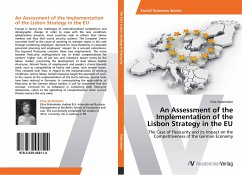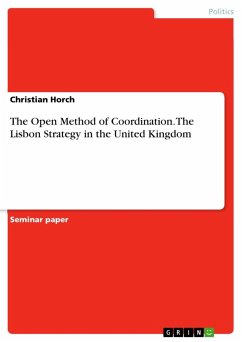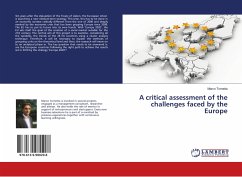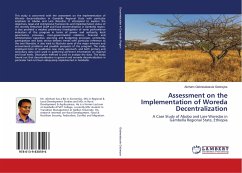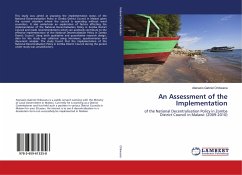Europe is facing the challenges of internationalised competition and demographic change. In order to cope with the new conditions globalization presents, most countries seek to reform their labour markets and thus their social security systems. The European Union concretes itself to the cause of assisting its member states in this task through combining employers demand for more flexibility in corporate personnel planning and employees request for a secured subsistence. The keyword flexicurity conjoins these two requirements. The move towards flexicurity configurations has to entail compensations for workers higher risks of job loss and introduce tenure tracks to the labour market, preventing the development of dual labour market structures. Altered forms of employment and people s claims towards work, such as compatibility of family and career, raise several issues. They compete with fears in regard to the marginalisation of working conditions. Active labour market measures target the easement of such. In the course of the implementation of the Hartz-reforms, several tools have been realised in Germany. In contemplating the applicability of flexicurity to the German labour market, it will be contended that the concept, criticised for its imbalance in combining both flexicurity dimensions, caters to the upholding of competitiveness when cyclical threats menace the very same.
Bitte wählen Sie Ihr Anliegen aus.
Rechnungen
Retourenschein anfordern
Bestellstatus
Storno

